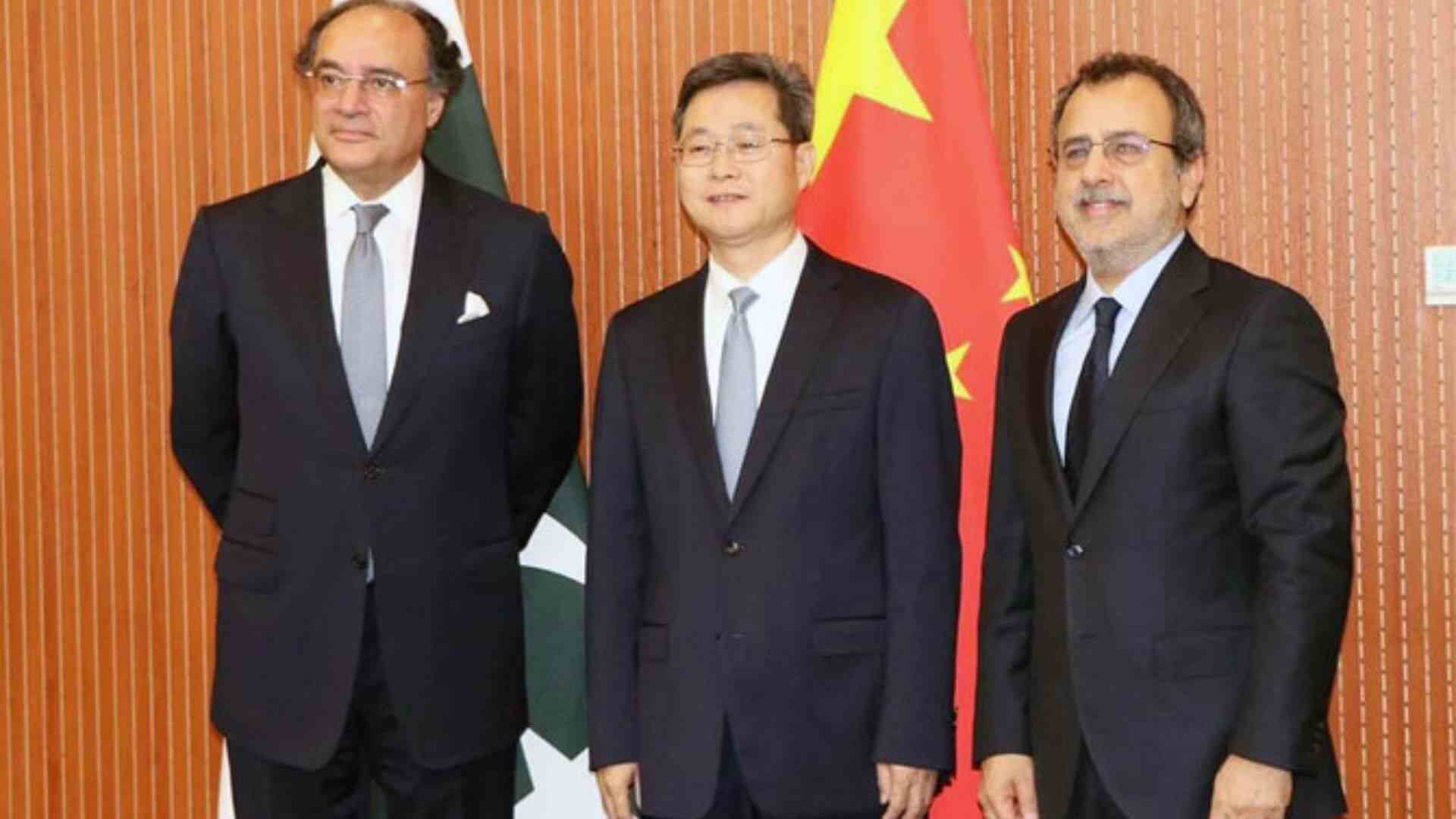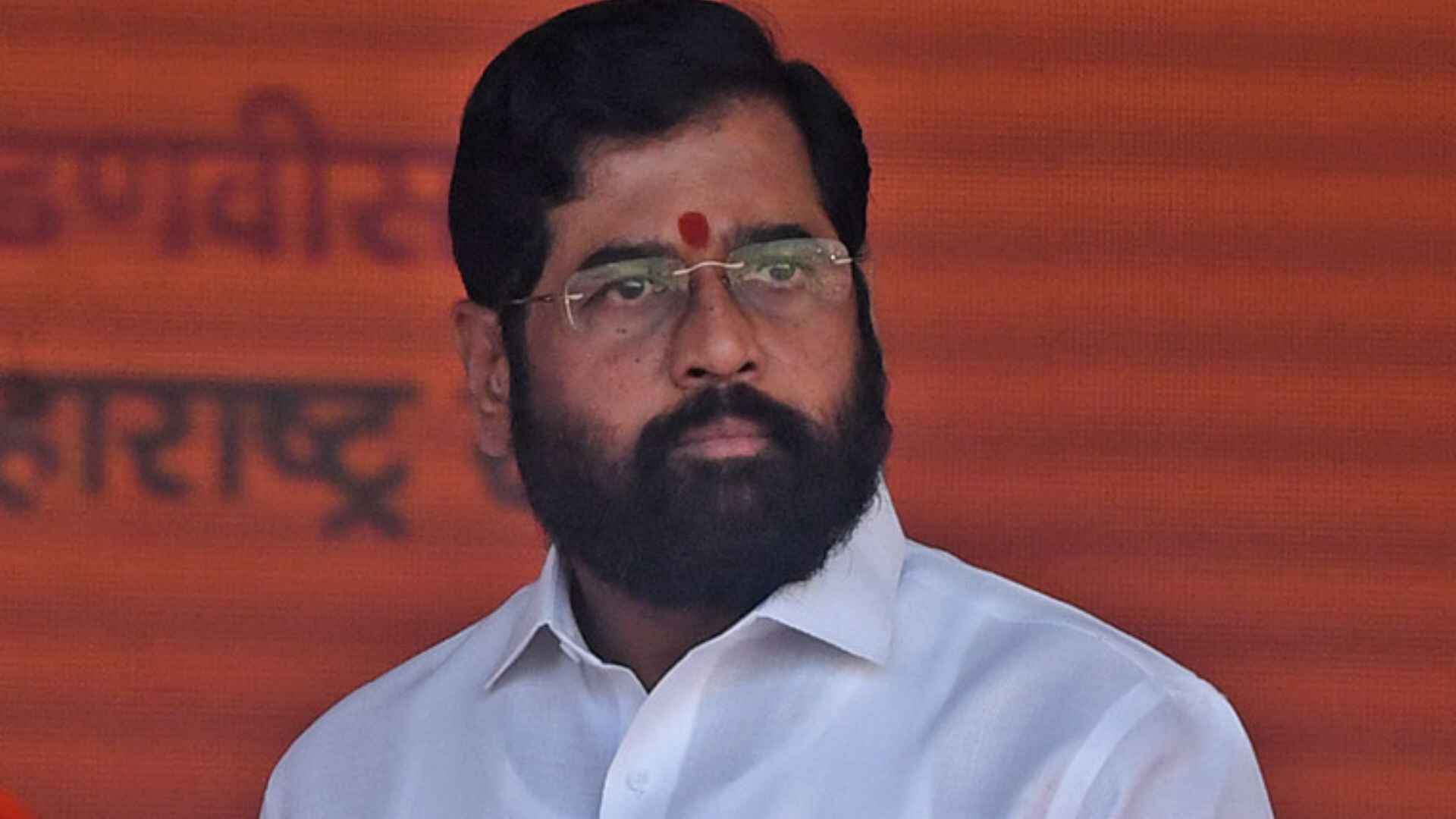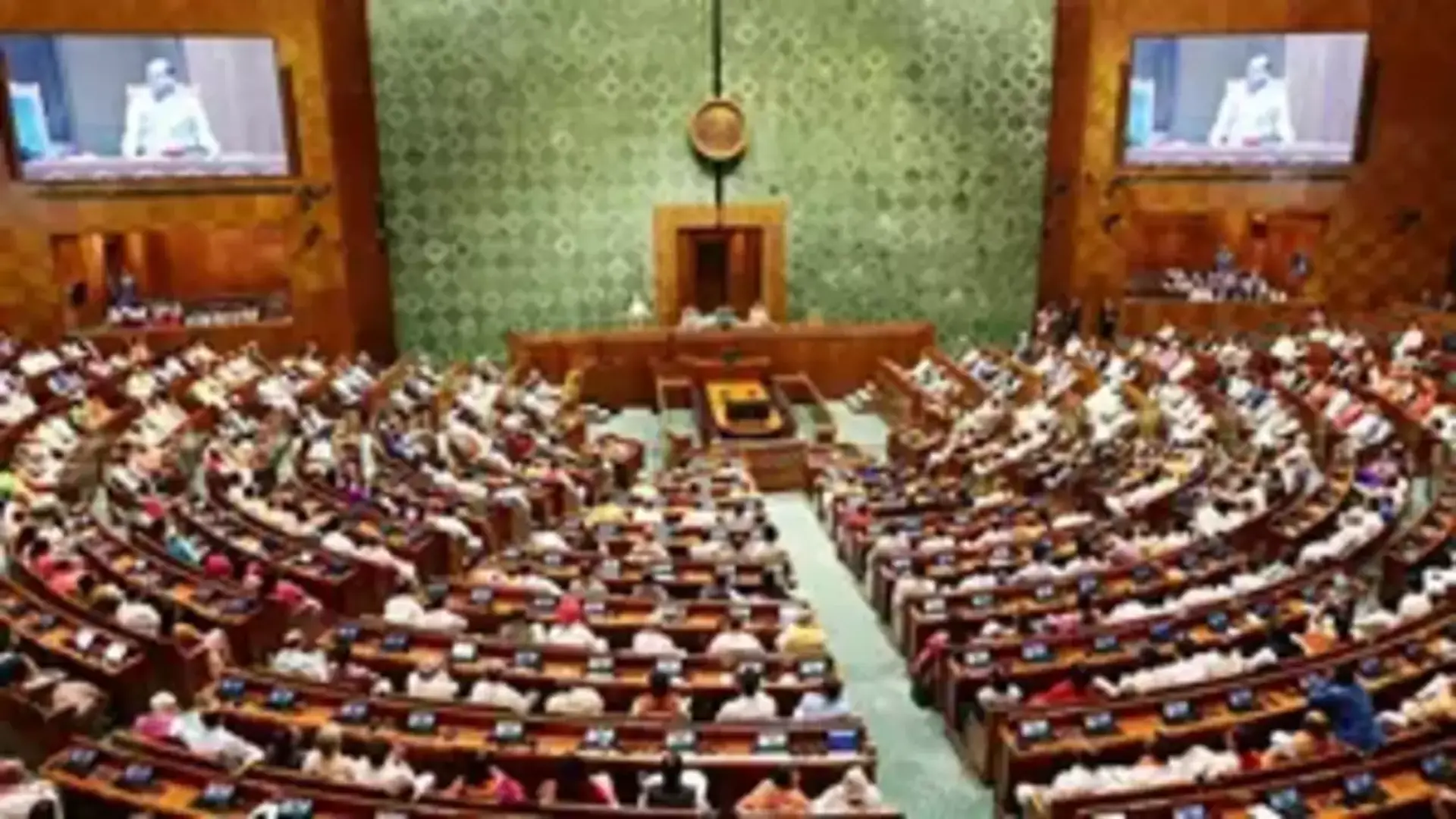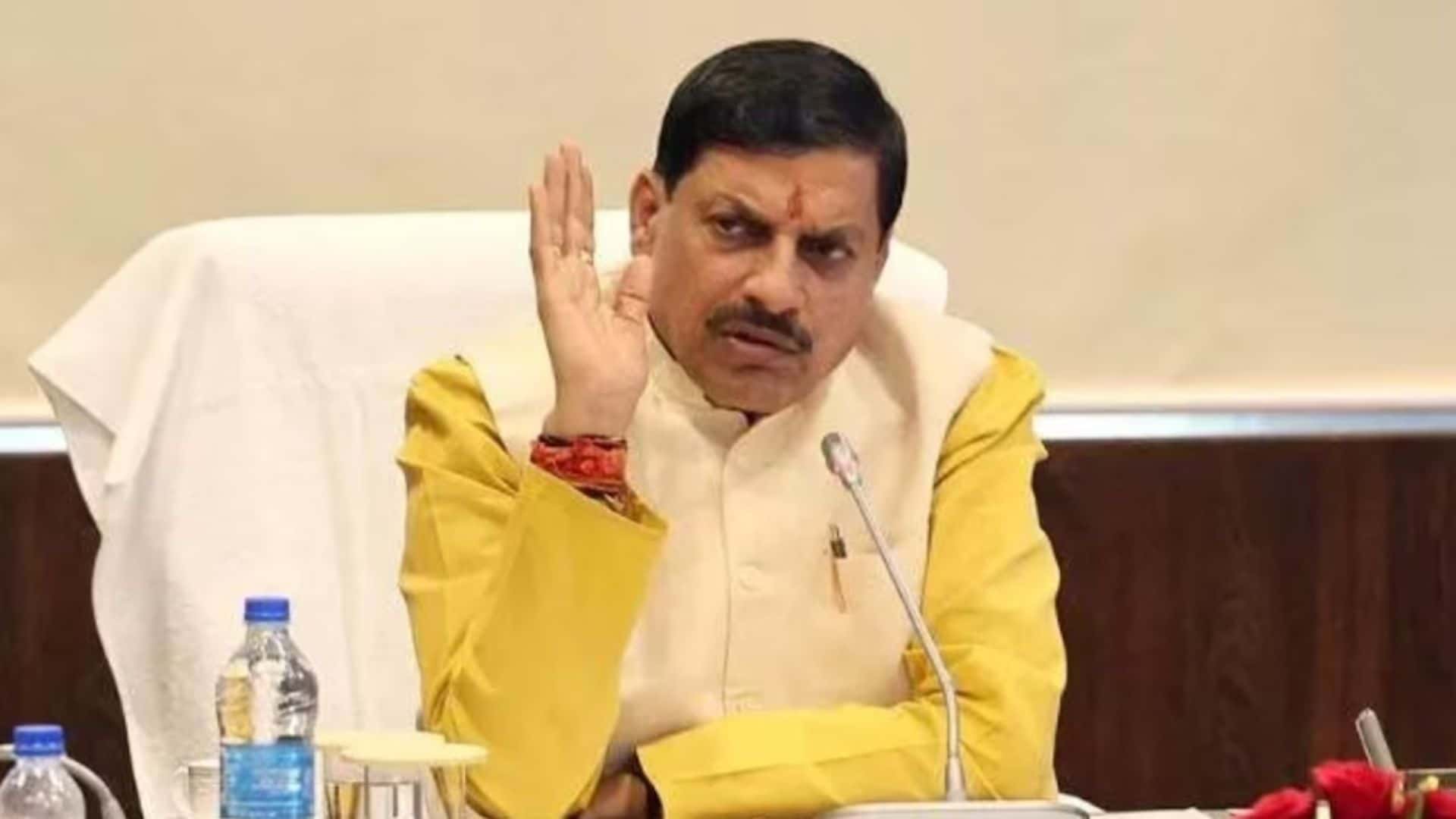
Two key Pakistani ministers have been in Beijing for the past three days to discuss rescheduling the country’s outstanding debts linked to the China-Pakistan Economic Corridor (CPEC). Muhammad Aurangzeb, Pakistan’s Minister for Finance and Revenue, and Sardar Awais Ahmad Khan Laghari, the Minister for Energy (Power Division), are meeting with top Chinese officials to negotiate terms that could alleviate Pakistan’s financial strain.
High-Level Meetings in Beijing
The Pakistani delegation has held talks with various Chinese authorities, including Pan Gongsheng, Governor of the People’s Bank of China (PBoC), and Cao Yuanyuan, Deputy Secretary-General of the National Association of Financial Market Institutional Investors (NAFMII). These meetings aim to address Pakistan’s request for an eight-year extension on energy debt repayments, conversion of US dollar-based interest payments to Chinese currency, and a reduction in overall interest rates for both CPEC and non-CPEC Chinese-funded projects.
China’s Reluctance and Financial Concerns
Initially, China showed reluctance to discuss the issue, which delayed the visit and signaled disagreement over energy loan talks. “Pakistan formally requested China on Thursday to reschedule its debts, with outstanding dues for CPEC power projects increasing by 44 percent to Rs 401 billion by the end of the last fiscal year,” reported The Express Tribune.
The rising debt and unpaid dues, which violate the 2015 CPEC Energy Framework Agreement, are impeding further financial and commercial relations between the two countries. Pakistani officials are pushing for measures to lower energy costs and secure International Monetary Fund (IMF) approval for a USD 7 billion bailout package.
Potential Impact on Foreign Investment
Concerns are mounting in Pakistan’s financial sector regarding the outcome of these negotiations. Successful talks are crucial for maintaining foreign investment and exchange rate stability. “We believe China will not outright reject Pakistan’s request to reschedule energy sector loans, but the final outcome appears bleak,” a senior banker told The Dawn newspaper.
Despite a decline in Chinese investments, they remain the largest in FY24. Foreign direct investment (FDI) from China and Hong Kong accounted for nearly half of Pakistan’s total inflows, which increased by 17 percent in FY24. The IMF has also pushed for structural changes during the talks for power sector debt relief.
Strategic Financial Decisions
In March 2018, the PBoC agreed to provide a USD 2 billion loan to the State Bank of Pakistan to bolster Pakistan’s foreign exchange reserves, which has been rolled over annually since then, most recently in February 2024. However, Pakistan’s breach of CPEC agreements by failing to make timely payments for power purchased from Chinese plants has caused hesitation among Chinese financial institutions. China Export and Credit Insurance Corp (SINOSURE) is now reluctant to fund new coal-fired and hydroelectric plants.
The Finance Ministry has not confirmed whether China agreed to extend the loans or reduce interest rates, which are critical for easing Pakistan’s balance of payments pressure and reducing energy costs. “Our dependency on China has increased as we negotiate to reschedule USD 15 billion in energy sector loans, receive the highest FDI from China, and rely on them as our largest trade partner,” another banker, S.S. Iqbal, told The Dawn.















